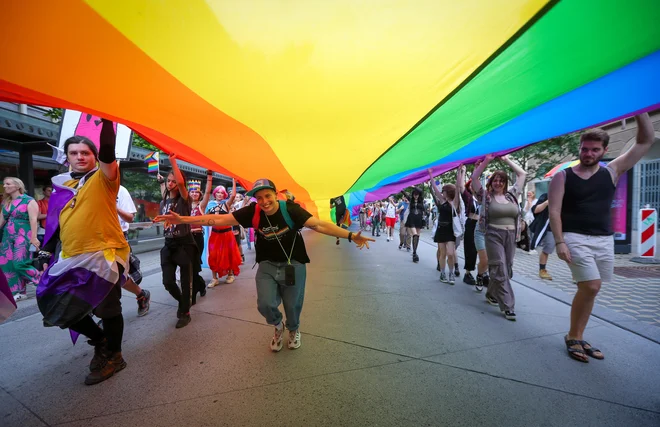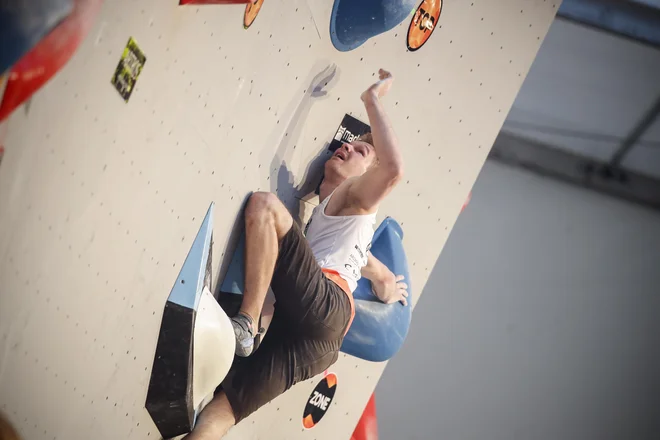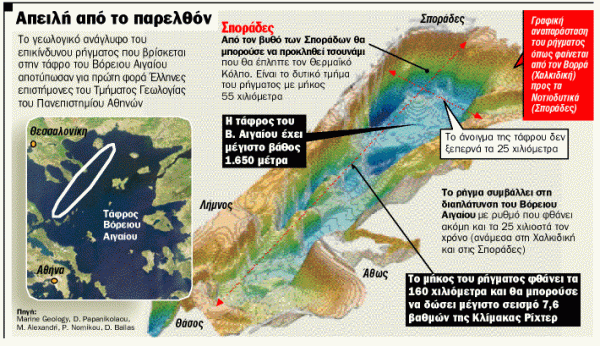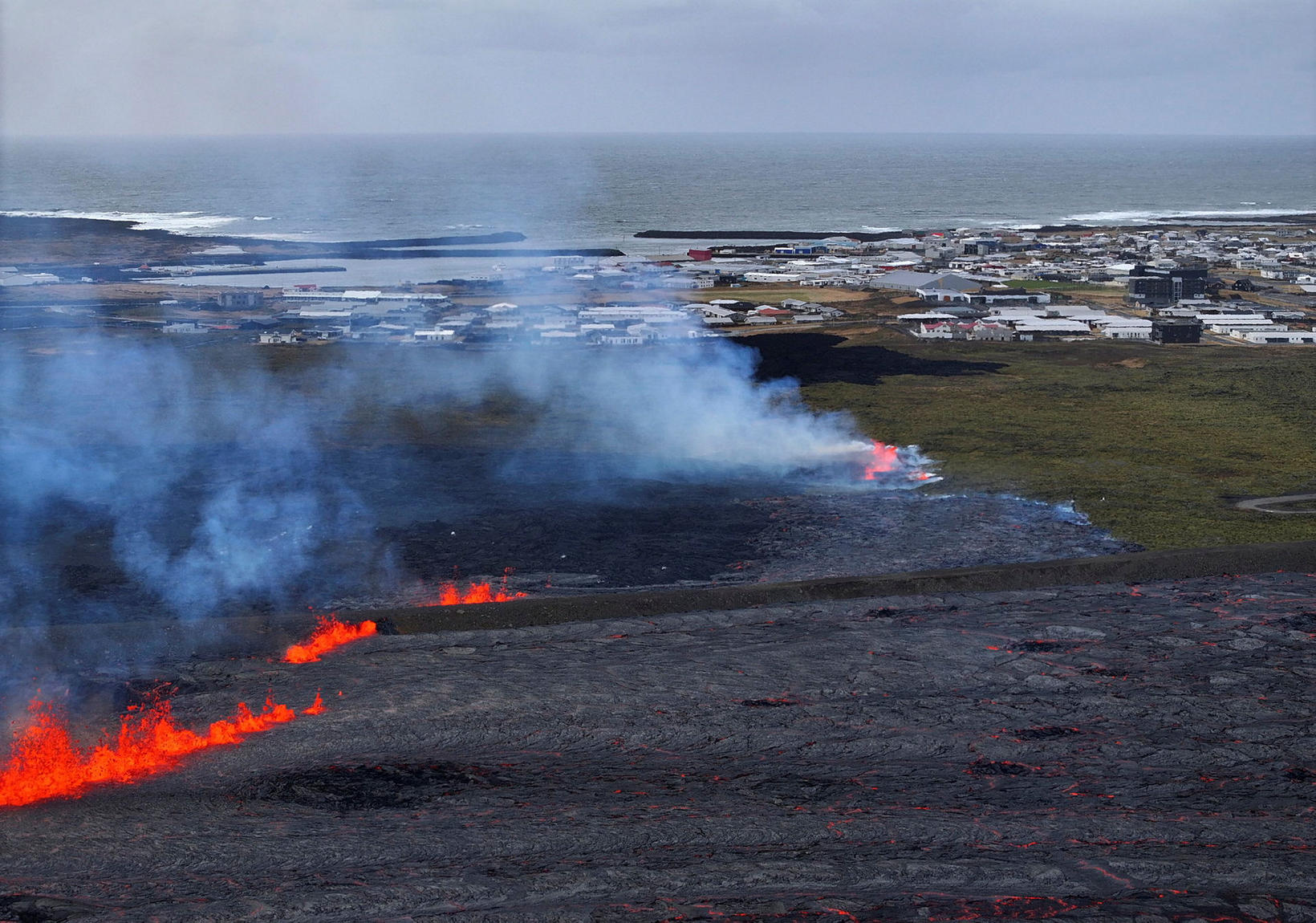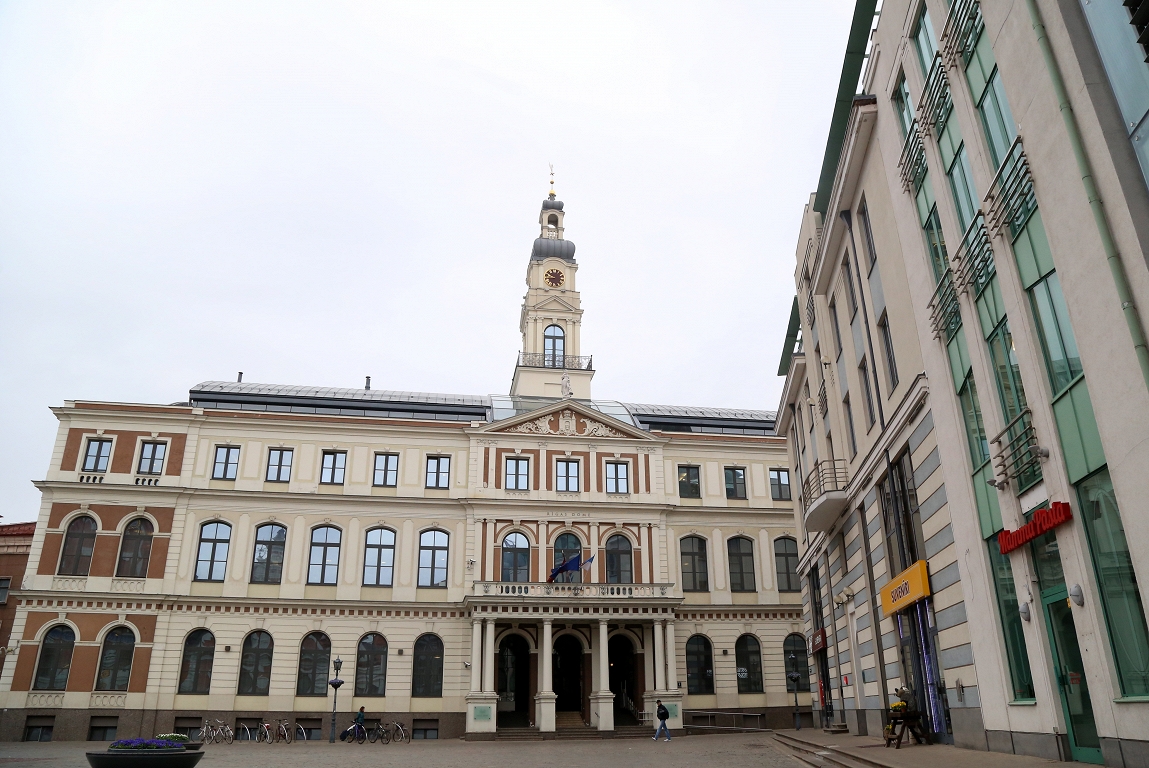Guarded departments as a machine that freezes the lives of people

Human rights should be put in the first place, obstacle people to support without locked doors and enable them to be involved in society, researchers find in a year and a half research on protected departments, led by the Faculty of Social Work at the University of Ljubljana.
“Protected departments act as a well -established machine that freezes the lives of people who are installed in them, as well as prevent productive professional work. We have found that all those enclosed in the protected department receive the same measure, regardless of specific needs and circumstances. The closed doors narrow the care routine, which is otherwise held in the institution, is bounded by the department. Secured wards are not rooms of rehabilitation, recovery, but rather to deepen their mental patient’s careers, narrow their social networks, shrink their social role. They also prevent employees from productive work or true human meetings. Similar traps and problems apply to a specialized CUDV unit, « says research manager Dr. Faith ridgeProfessor of Social Work and Vice -Dean for Quality, International Cooperation and Development at the Faculty of Social Work, University of Ljubljana.
A comprehensive transformation is necessary, based on consistent respect for human rights and takes into account the life council of people with different needs, which is essential for the diversity of forms of work. The Mental Health Act, however, normalizes protected departments and installation procedures in a manner in conflict with the provisions of the UN Convention on the rights of people with obstacles; This is based on promoting autonomy and involvement in the community. The said Convention clearly announces that it is forbidden forced to install institutions and any compulsory measures, and that people with obstacles, like everyone else, have the right to live in the community.


